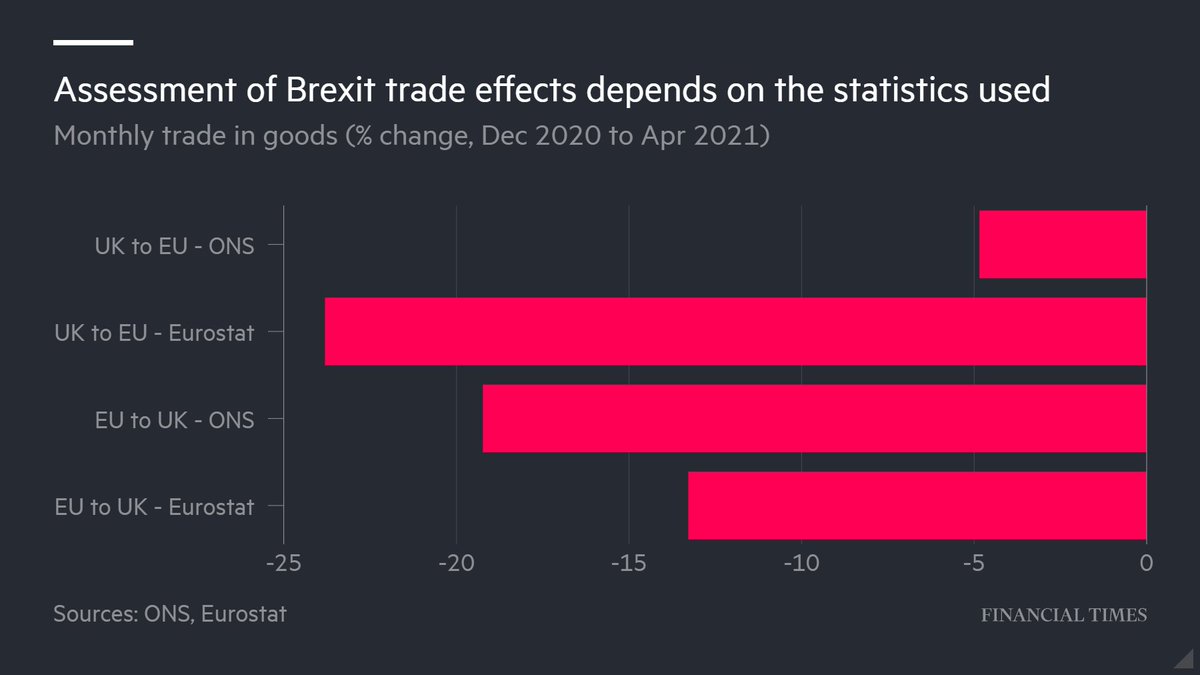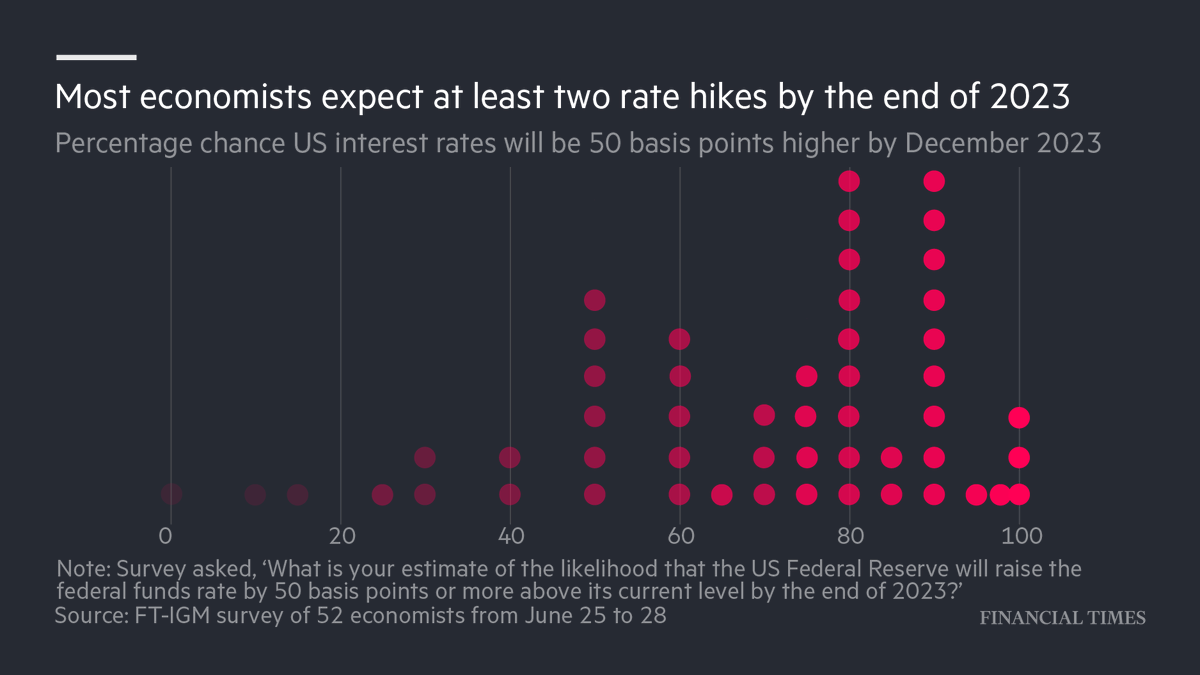
July 1 marks 100 years since the founding of the Chinese Communist party, an event that ushered in a century of political and economic revolution. The FT’s @JKynge shares his insights on reporting on China for 35 years — and its future as a global power on.ft.com/3h803J1
In 1980, China’s annual GDP stood at a mere $191bn, or $195 per capita, making it one of the poorest countries in the world.
Almost 40 years later in 2019, GDP had increased 75 times to $14.3tn, or $10,261 per capita ft.com/content/6b3a72…
Almost 40 years later in 2019, GDP had increased 75 times to $14.3tn, or $10,261 per capita ft.com/content/6b3a72…
Deng Xiaoping, who became China’s paramount leader in 1978, is credited with the de-collectivisation of agriculture and opening China to foreign investment. But he also ushered in a series of lesser-known political reforms ft.com/content/6b3a72… 

As a foreign student at a university in central China in 1982, the FT’s global China editor James Kynge remembers the palpable excitement that Deng’s early reforms brought ft.com/content/6b3a72… 

Since Xi Jinping took power in 2012, many of Deng’s most consequential political reforms have been thrown out. Xi abolished presidential term limits, setting himself up to become the first Chinese leader since Mao to rule until he dies ft.com/content/6b3a72… 

James Kynge regards the mantra behind these reforms as ‘akin to a basic line of software code that has determined the ebb and flow of China’s fortunes’ since the CCP came to power in 1949 ft.com/content/6b3a72… 

Meanwhile, 1.4bn Chinese are surveilled by facial-recognition cameras on almost every street. The digital renminbi — which may launch next year — will let authorities monitor every transaction by every person in the country ft.com/content/6b3a72… 

Rounding out the picture is the imposition last year of a National Security Law in Hong Kong and the internment of an estimated 1m Uyghurs and other ethnic minorities in camps in Xinjiang ft.com/content/6b3a72… 

‘A thumping contradiction’ hangs over China’s future, writes James Kynge. Will it ever be able to reconcile economic growth with political stability? Read the full story: ft.com/content/6b3a72… 

• • •
Missing some Tweet in this thread? You can try to
force a refresh















